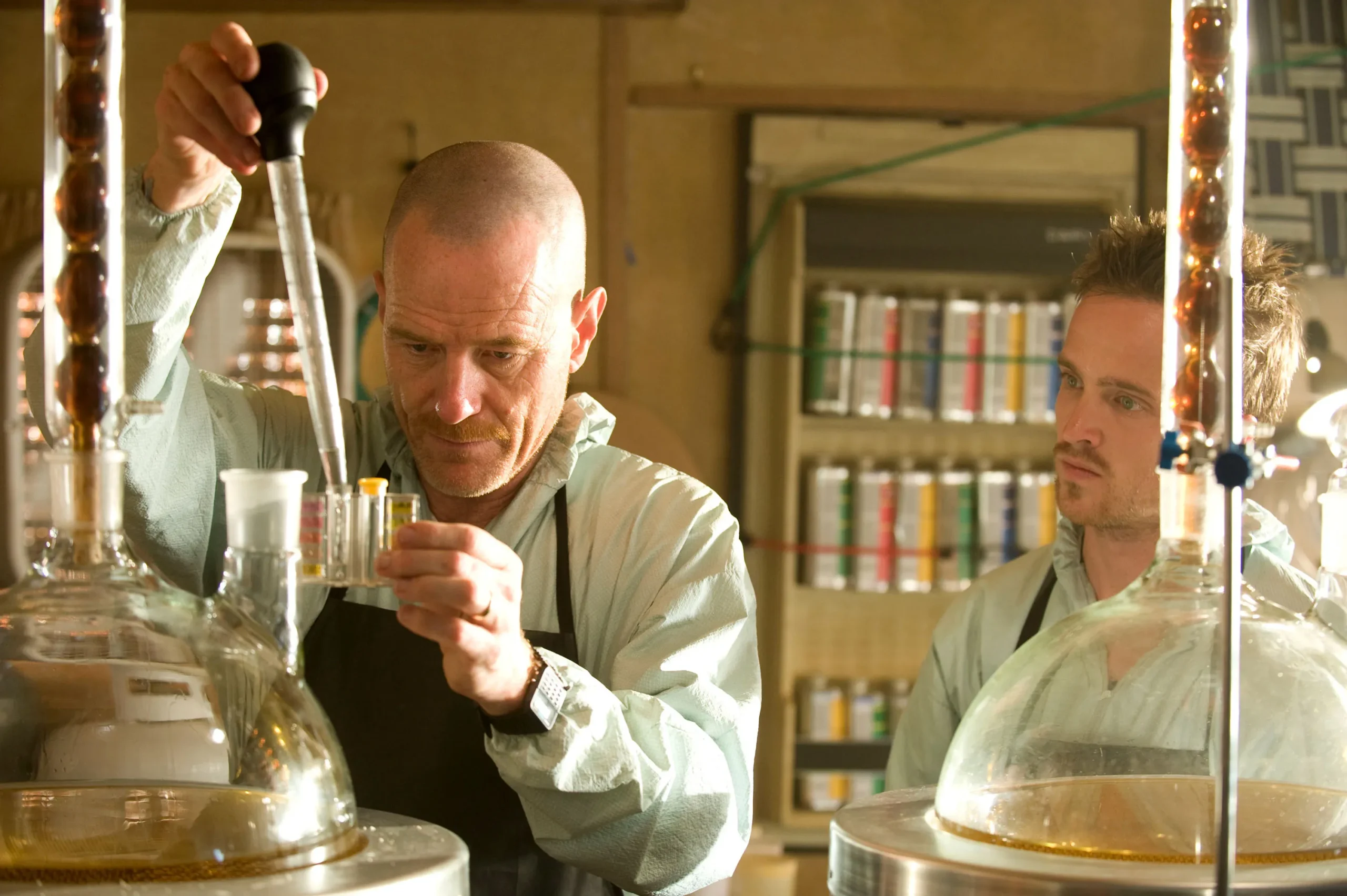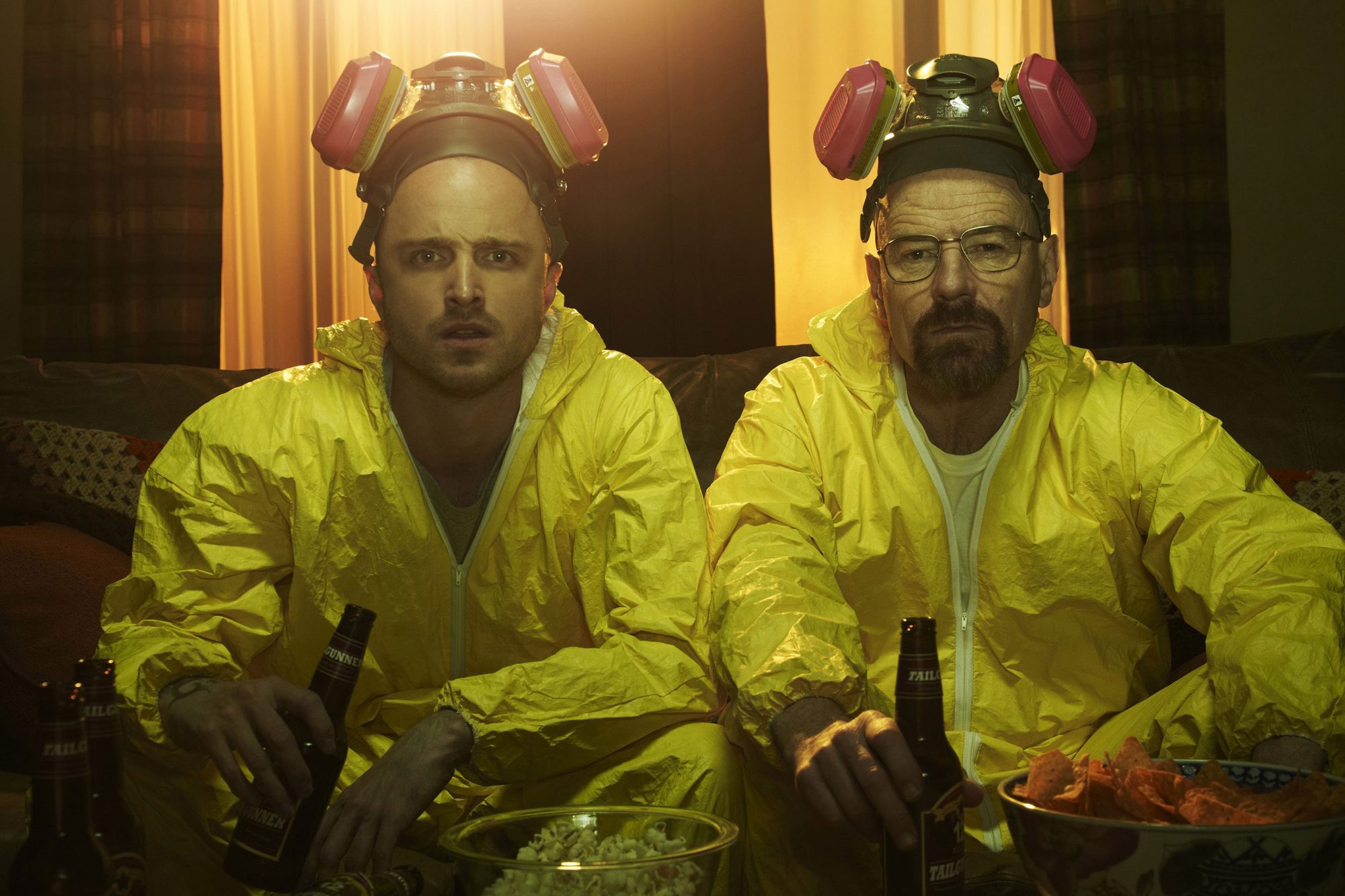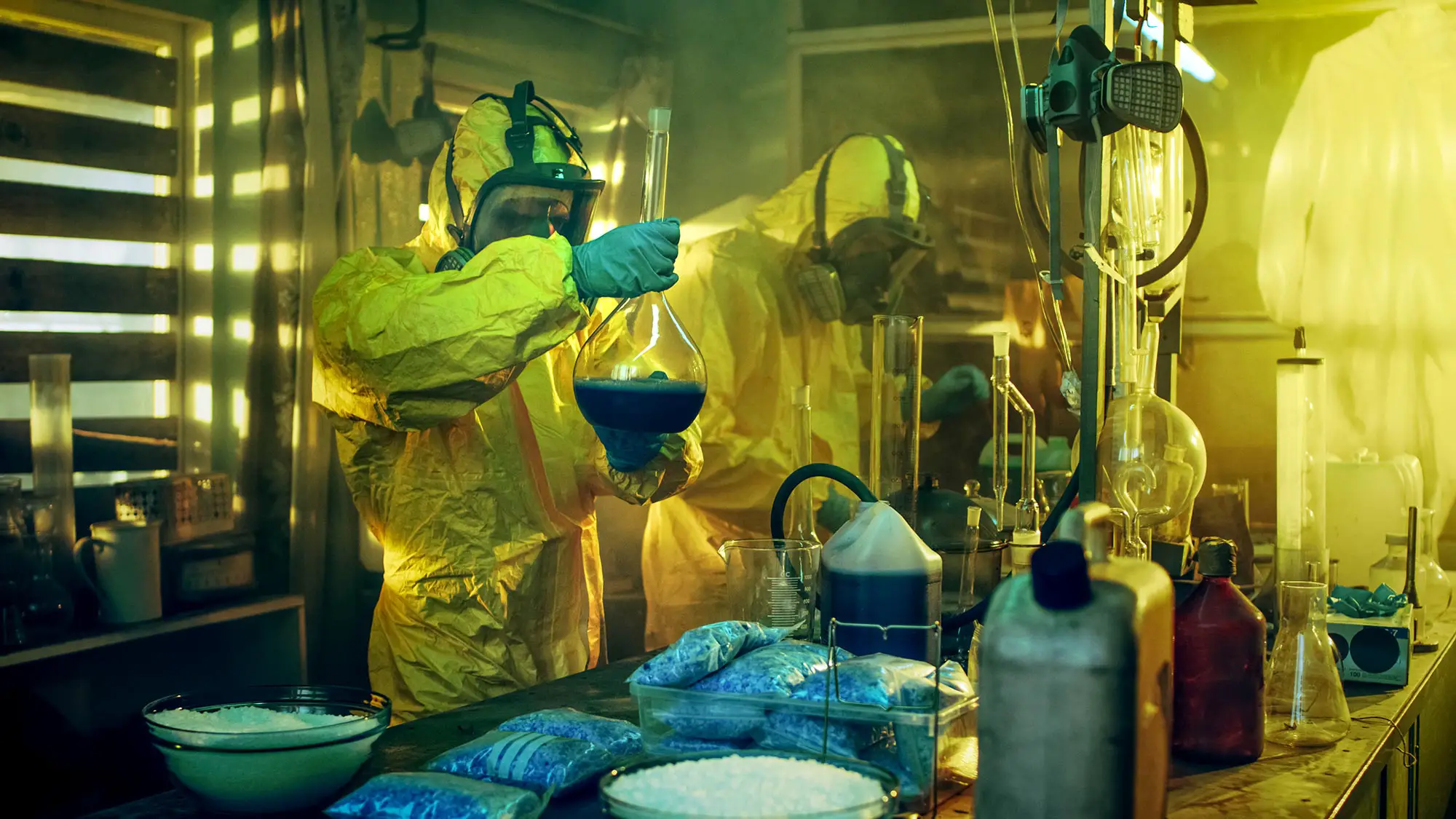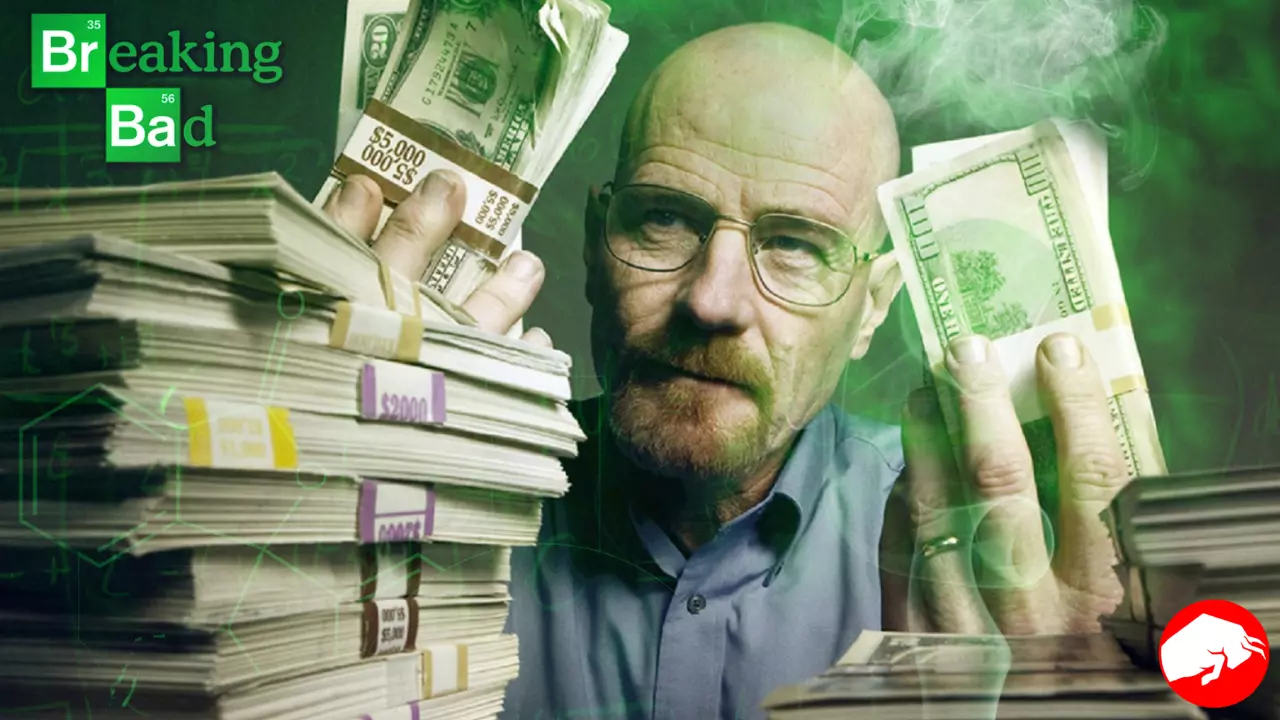Unraveling the Layers: More Than Just Meth and Money
When Vince Gilligan first thought of the concept for Breaking Bad, he probably had no clue just how big of an impact it would make on the world of television. The show quickly became a sensation, drawing millions of viewers into its intricate storyline. Central to this captivating tale is the intense and dangerous world of drugs. This isn’t just about the signature blue methamphetamine, which stands out because of its unique color, or the massive piles of cash that we often see.
The series delves deeper into the struggles, conflicts, and challenges that come with this life. Characters like Walter White, Jesse Pinkman, and many others get caught up in this risky business, showing us the highs and lows of their choices. As the episodes go on, we see that the drug trade affects not just those who make or sell the drugs, but their families, friends, and even innocent bystanders. Breaking Bad is a gripping drama that teaches us that every choice has consequences, and Vince Gilligan masterfully brings this message to life.
Chemistry Teacher Turned Kingpin: Walter White’s Evolution

Breaking Bad is truly unique compared to other crime-themed shows. This is largely due to the astonishing change we see in the main character, Walter White. At the start, Walter is simply a high school chemistry teacher, facing numerous challenges in his life. But as the series progresses, he transforms into a major drug lord, producing and selling methamphetamine. So, what pushes Walter to make such a drastic turn in his life? The initial reason seems to be a sad one; he learns he has terminal cancer.
With this heartbreaking news, Walter becomes worried about his family’s future without him, especially when it comes to money. This concern pushes him to enter the world of illegal drugs. But as we watch more of the show, it becomes clear that there’s more to his decision than just the need for money. Over time, making and selling drugs allows Walter to feel strong and important. He starts to feel like a man in control, something he hadn’t felt in a long time due to his financial problems and the pressures of society. Through his involvement in the drug world, Walter rediscovers a sense of power and pride, reminding him of the man he once was and wanted to be.
The Morality Spectrum and Drug Trade Dynamics

Breaking Bad is a television series that presents its audience with a different perspective on the drug trade. Instead of showing it as a simple matter of right versus wrong, the series paints a picture of a complicated world filled with various motivations, resulting outcomes, and moments of moral uncertainty. Characters in the show, like Jesse Pinkman, constantly make the viewers shift their feelings – one moment you might feel deeply for him, and the next, you might be repelled by his actions. Then there are characters like Gus Fring, who show the stark contrast between how they present themselves to the world and the dark, criminal actions they commit behind closed doors.
By watching the show, viewers are pushed to reflect on their own beliefs about right and wrong. They might wonder if there’s ever a situation where the end result makes it okay to do something questionable. In a world that isn’t just black or white, but full of grays, is it possible to clearly label someone or something as purely ‘good’ or ‘bad’? The role of drugs in the series isn’t just about illegal substances; they symbolize deeper societal problems and prompt questions about the essence of human nature and the choices people make.
Symbolism and Cultural Commentary

Breaking Bad is much more than just a tale of the drug underworld. While the suspense and intrigue of the narcotics trade is a major driving force behind the story, the series delves deep into broader societal issues and themes using its drug-centric storyline as a backdrop. One prime example is the blue meth that becomes central to the narrative.
On the surface, it’s a high-quality drug, but it also stands as a potent symbol for various aspects of human experience and societal phenomena. This blue meth represents purity, given its unmatched quality; addiction, as seen in its potent effects on users; and the enticement of things that are deemed off-limits or dangerous, much like the proverbial ‘forbidden fruit’.
Addiction, a recurrent theme in the series, is portrayed both literally and figuratively. Characters like Jane and Jesse grapple with substance addiction, showcasing the devastating and cyclical grip drugs can have on individuals. But addiction isn’t only about substances; the series also delves into more intangible forms of it. Walter White, the central character, becomes increasingly addicted to the power and authority he amasses. His obsession with control and dominance becomes as consuming and destructive as any drug.
Moreover, Breaking Bad offers a critical commentary on the oft-romanticized notion of the American dream. Walter begins as a modest high school chemistry teacher, but as he faces a terminal cancer diagnosis and the looming financial ruin of his family, his descent into the drug trade highlights the fragility of the middle-class dream.
The show doesn’t shy away from critiquing systemic issues in American society, like the inadequacy of the healthcare system which drives many into desperate situations, or the vast economic inequalities that create worlds of difference between the haves and the have-nots. It poignantly poses the question: To what extremes might a person go when they find themselves at the edge of despair? Through its gripping narrative, Breaking Bad compels viewers to reflect on these complex societal dilemmas.
A Tapestry of Complex Narratives

Breaking Bad isn’t just a show about drugs, nor is it merely a gripping tale of crime. It’s a masterful exploration of human motivations, societal pressures, and the ever-blurring lines between right and wrong. By placing drugs at the core of its narrative, the series manages to delve deep into these complexities, offering viewers a multi-faceted commentary on life, choices, and the human condition.
So the next time you settle in for a Breaking Bad binge-watch, remember: it’s not just about the blue meth. It’s about the myriad stories, emotions, and moral quandaries that come with it.









